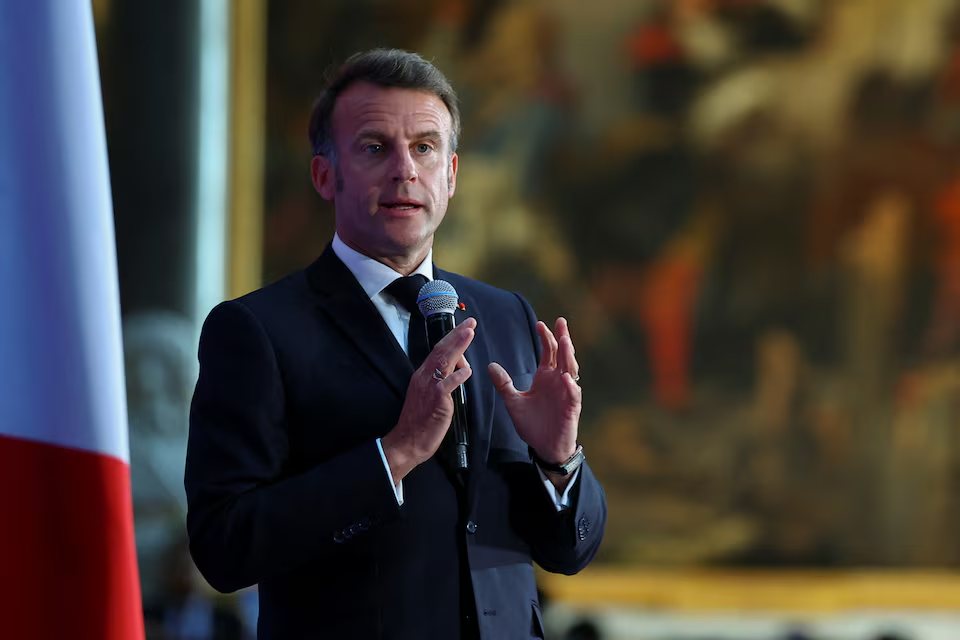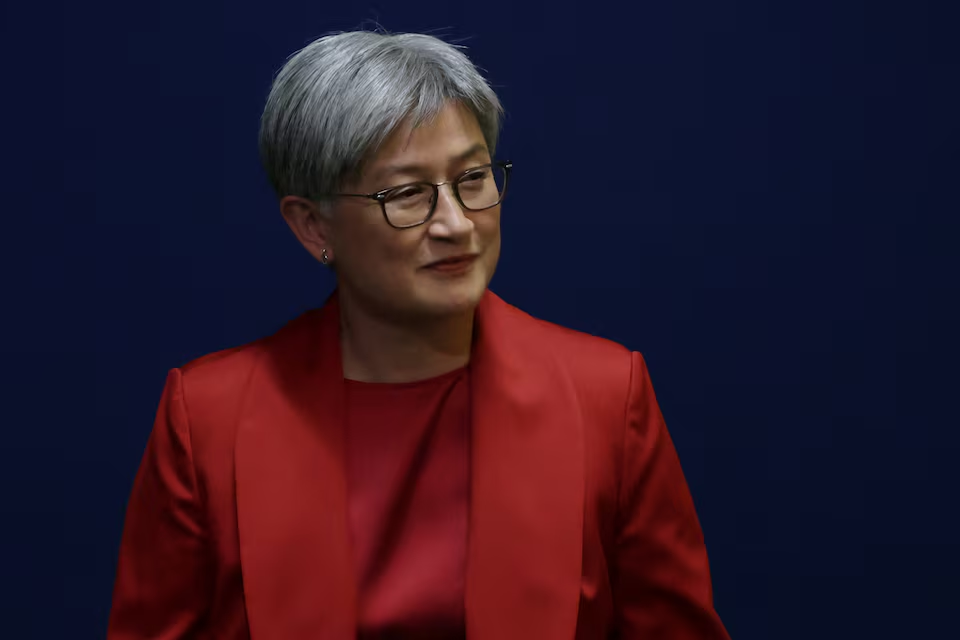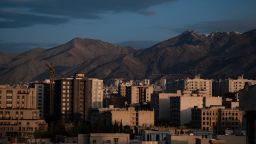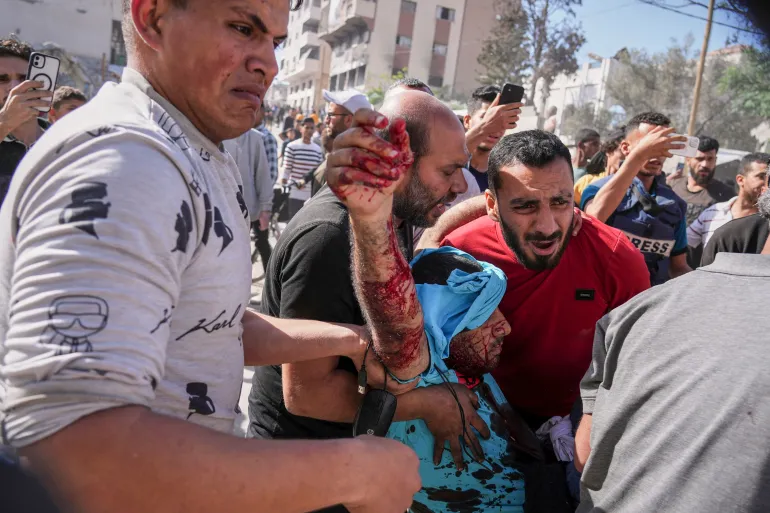French President Emmanuel Macron is set to embark on a high-profile tour of Southeast Asia, aiming to position France as a strategic, reliable partner for the region amid escalating tensions between the United States and China. The diplomatic and economic mission, which includes stops in Vietnam, Indonesia, and Malaysia, underscores Macron’s push to elevate France’s global influence and diversify its international partnerships.
According to French officials, the trip will focus heavily on defense, trade, and green technology, with Macron expected to highlight France’s value as a third way for countries seeking to avoid being caught in the growing rivalry between Washington and Beijing.
“This tour is about showing that there are alternatives—that cooperation does not have to come at the cost of sovereignty or alignment,” an Elysee Palace official told Reuters.
Macron will be accompanied by a large business delegation, including top executives from aerospace, defense, and energy sectors, with hopes of securing contracts in areas such as fighter jets, nuclear energy, and green infrastructure. France is particularly interested in expanding arms sales and energy cooperation, tapping into growing Southeast Asian demand for defense modernization and clean energy investments.
The tour comes at a critical time. Regional nations are increasingly wary of U.S.-China tensions spilling into their territories, particularly in the South China Sea and Taiwan Strait. Many are pursuing policies of “strategic autonomy”—a concept Macron has championed in Europe—which encourages flexible alliances and reduced dependence on any single superpower.
France has also been working to deepen its Indo-Pacific strategy, which includes military presence and partnerships across the Indian and Pacific Oceans. Macron’s visit is expected to reinforce France’s role as a resident power in the Indo-Pacific, particularly as a member of the EU and a nuclear-armed country with territories in the region.
Defense deals will be a key agenda item, especially with Vietnam and Indonesia. Paris is reportedly in advanced talks to sell Rafale fighter jets to both nations. Earlier this year, Indonesia signed a deal to acquire 42 Rafale aircraft, and Vietnam is seen as a strong candidate for future purchases, as it looks to modernize its Soviet-era fleet amid maritime tensions with China.
Macron is also expected to advocate for stronger multilateralism and adherence to international law in regional disputes—principles France hopes will resonate with Southeast Asian countries wary of Chinese assertiveness and skeptical of American unpredictability.
In addition to defense and diplomacy, climate cooperation will feature prominently in Macron’s meetings. France aims to position itself as a leader in green energy innovation and is seeking Southeast Asian partners for projects in solar, nuclear, and hydrogen energy. French officials say the region’s rapidly growing energy needs offer mutual opportunities for sustainable development.
Analysts view Macron’s trip as part of a broader effort to diversify France’s global ties and enhance its standing as a global power independent of both Washington and Beijing.
“This is a soft power campaign wrapped in economic opportunity and strategic messaging,” said Mathieu Duchâtel, director of international studies at the Montaigne Institute. “Macron wants to offer a European alternative in a region increasingly defined by hard choices.”
While Macron’s ambitions face challenges—such as competition from U.S. and Chinese influence, and local skepticism about France’s long-term commitment—his tour signals that France is intent on playing a larger role in Asia’s future.
As the world’s geopolitical order continues to shift, Macron’s message is clear: in a bipolar world, France aims to be the balancing force in the middle.
Source: Reuters



